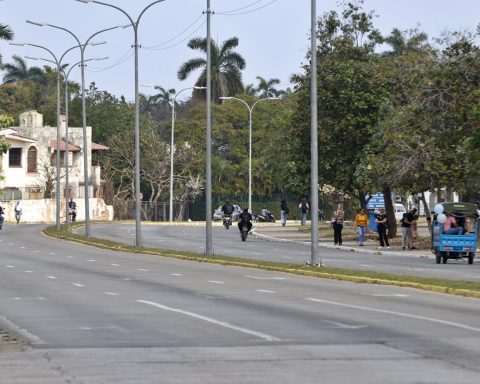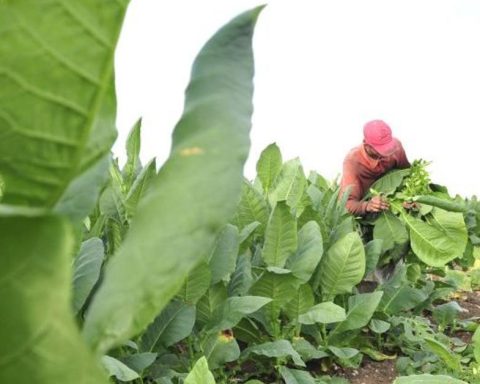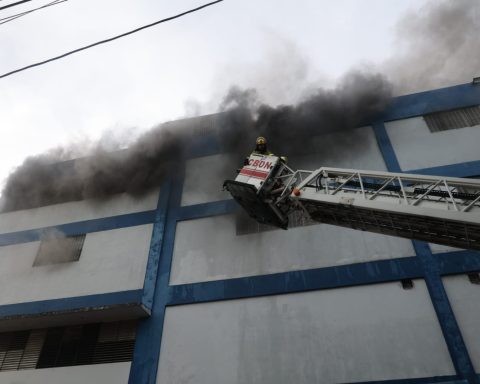The World Health Organization (WHO) warned on Wednesday that the “risk of monkeypox” settling in non-endemic countries “is real”, after having registered more than 1,000 cases.
“The risk of monkeypox taking hold in non-endemic countries is real, but this scenario can be avoided“, the organization’s director general, Tedros Adhanom Ghebreyesus, told a news conference.
Tedros urged countries to increase their health surveillance measures to “identify all cases and contact cases to control this outbreak and prevent contagion,” the AFP agency reported.
“More than 1,000 confirmed cases of monkeypox have already been reported to the WHO in 29 countries where the disease is not endemic”Tedros stressed.
No case was reported to the WHO for this disease, the organization added, in countries where the virus is endemic, such as Nigeria and the Democratic Republic of the Congo.
Tedros stressed that these countries deserve “the same attention, the same care and the same access to the tools to protect themselves” from the disease.
The vast majority of cases reported so far have been in “men who have sex with men”, but some cases of community transmission have been reported, including in women.
Sylvie Briand, director of the department of pandemic and epidemic diseases at the WHO, stressed that “smallpox vaccine can be used for monkeypox with a high level of efficacy”.
However, the WHO does not know how many doses are currently available worldwide.
Tedros reiterated that the organization “does not recommend mass vaccination against monkeypox.”
Symptoms
Monkeypox, which is not usually fatal, can cause fever, headache, muscle aches, back pain, swollen lymph nodes, chills, and fatigue.
Rashes (on the face, palms of the hands, soles of the feet), lesions, pustules, and finally scabs then appear.
Your symptoms usually go away within two to three weeks.


















